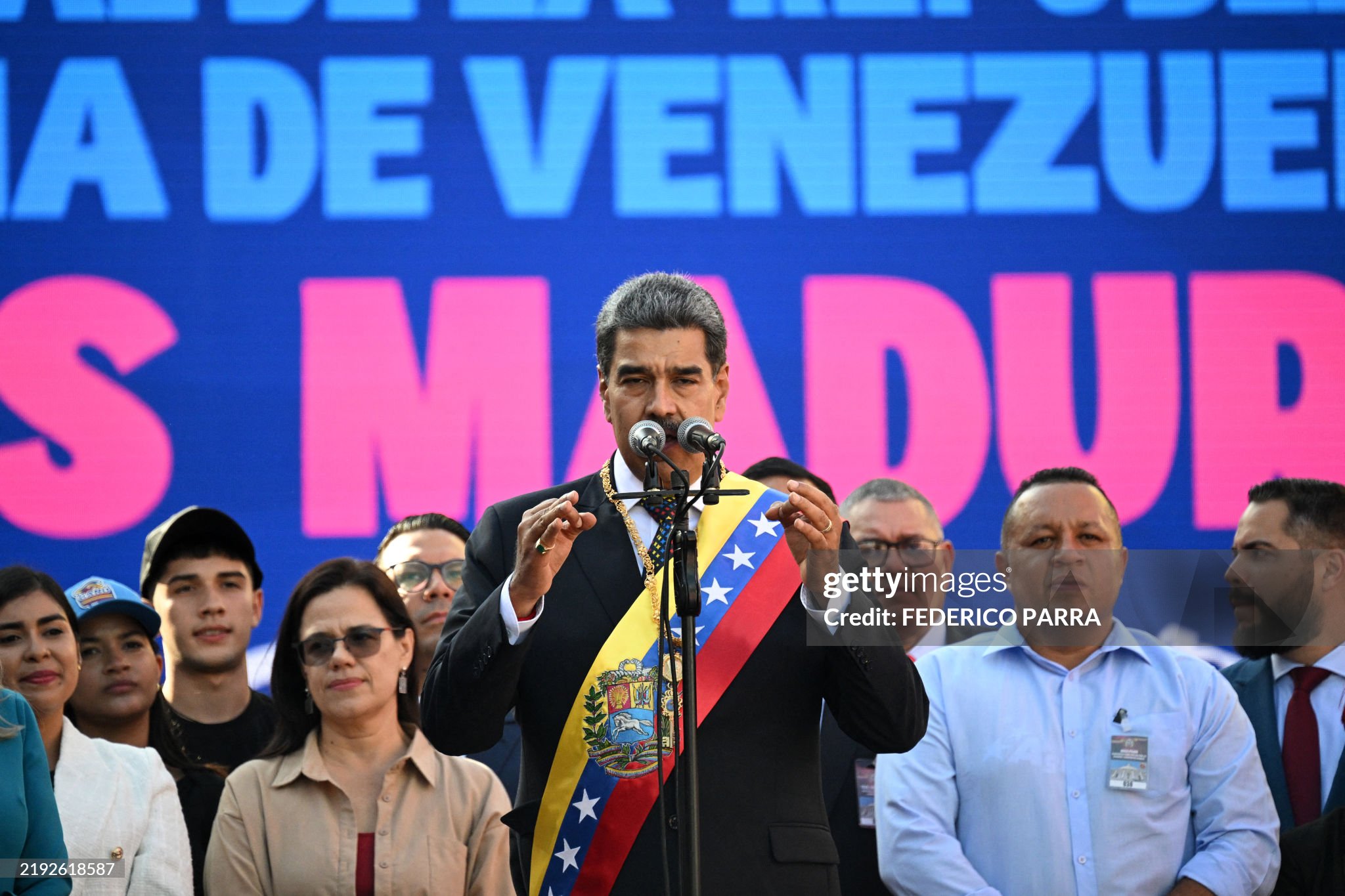Thirty-one of them, including Tai, Wong and Mo, pleaded guilty to the charge of conspiracy to commit subversion. They have a better chance at shorter jail terms and will be sentenced at a later date.
Sixteen others, including Leung, pleaded not guilty and underwent a non-jury trial. After the verdicts, mitigation hearings will be scheduled to determine the sentences of those convicted.
Dozens of residents had lined up outside the police-guarded court building before 6am on Thursday to secure a seat in the public gallery for the verdicts. Some supporters who were among the first in the line came as early as Wednesday evening.
Social worker Stanley Chang, a friend of one of the 16 defendants, said he arrived the site at 4am because he feared he could not get a seat. Chang said there were very few things supporters could do for them and that attending the hearing was a kind of company.
“I want to give some support for my friend and the faces I saw in news reports,” he said, who is in his 30s.
SL Chiu, who only gave his initials due to fear of government retribution, said the hearing marked a historic moment. To show his support, he said he had collected messages for the 47 activists from others in a sketchbook and planned to mail them if possible.
“Hongkongers are still here. We haven’t given up. We are still with you all,” he said.
On Wednesday night, Lee Yue-shun, one of the accused, said on Facebook that Thursday was like a special graduation ceremony for him, though graduation was usually about sharing happiness with families and friends.
“This perhaps best reflects the common helplessness of our generation,” he said.
The July 2020 primary ballot was meant to shortlist pro-democracy candidates who would then run in the official election. It drew an unexpectedly high turnout of 610,000 voters, representing more than 13 per cent of the city’s registered electorate.
Raymond Chan, a former pro-democracy legislator, arrives at the West Kowloon Magistrates’ Courts in Hong Kong on Thursday. Credit: AP
The pro-democracy camp at that time hoped they could secure a legislative majority, which would allow them to press for the 2019 protest demands, including greater police accountability and democratic elections for the city leader.
But the government postponed the legislative election that would have followed the primary, citing public health risks during the coronavirus pandemic. The electoral laws were later overhauled, drastically reducing the public’s ability to vote and increasing the number of pro-Beijing politicians making decisions for the city in the legislature.
Beijing also had criticised the vote as a challenge to the security law, which criminalises secession, subversion and collusion with foreign forces to intervene in the city’s affairs as well as terrorism.
More to come
AP





















Discussion about this post